Source: Neil Patel Way back in 1984, Robert Cialdini wrote a book called Influence: The Psychology of Persuasion. If you’ve heard of it, I’m not su

Way back in 1984, Robert Cialdini wrote a book called Influence: The Psychology of Persuasion.
If you’ve heard of it, I’m not surprised. It’s been a bestseller for a long time, and it’s consistently called a classic.
I love it so much that I’ve written several articles that explain Cialdini’s principles applied to marketing.
In his book, Cialdini identified six fundamental principles of persuasion. You’ve probably heard of these too.

These six principles are universal. Once you learn them, you start seeing them everywhere.
If you see an ad, a CTA, or a piece of content, at least one of these principles is in action.
There’s one that stands out in particular: social proof.
We live in a social age. We’re obsessed with social networks like Facebook and Instagram.
We’re always looking around at what our friends are doing or seeing what influencers are up to.
So it makes perfect sense that social proof is an important principle to understand today.
And guess what. When you use social proof the right way, it can actually improve your SEO.
That’s right––social proof can be an SEO technique.
The trick is to get more brand mentions online to skyrocket your rankings. In this article, I’ll break down some of the strategies I use to do just that.
Once you have this technique down, you’ll have a powerful tool at your disposal, so I highly suggest taking the time to learn this.
What is a brand mention and why do I want one?
This is probably the first question you asked yourself after you read the title of this article.
It’s a valid question.
I’ll answer it by showing you an example you most likely already know.
Ever heard of a little site called Product Hunt?

Hundreds of thousands of people use it to find cool new products and services.
If your product were to go on the front page of Product Hunt, you’d get a lot of attention. You’d probably get a massive amount of new sales.
This is an example of a brand mention.
When Elon Musks’s new company, Neuralink, hits Product Hunt’s front page — boom. Neuralink gets a ton of attention.
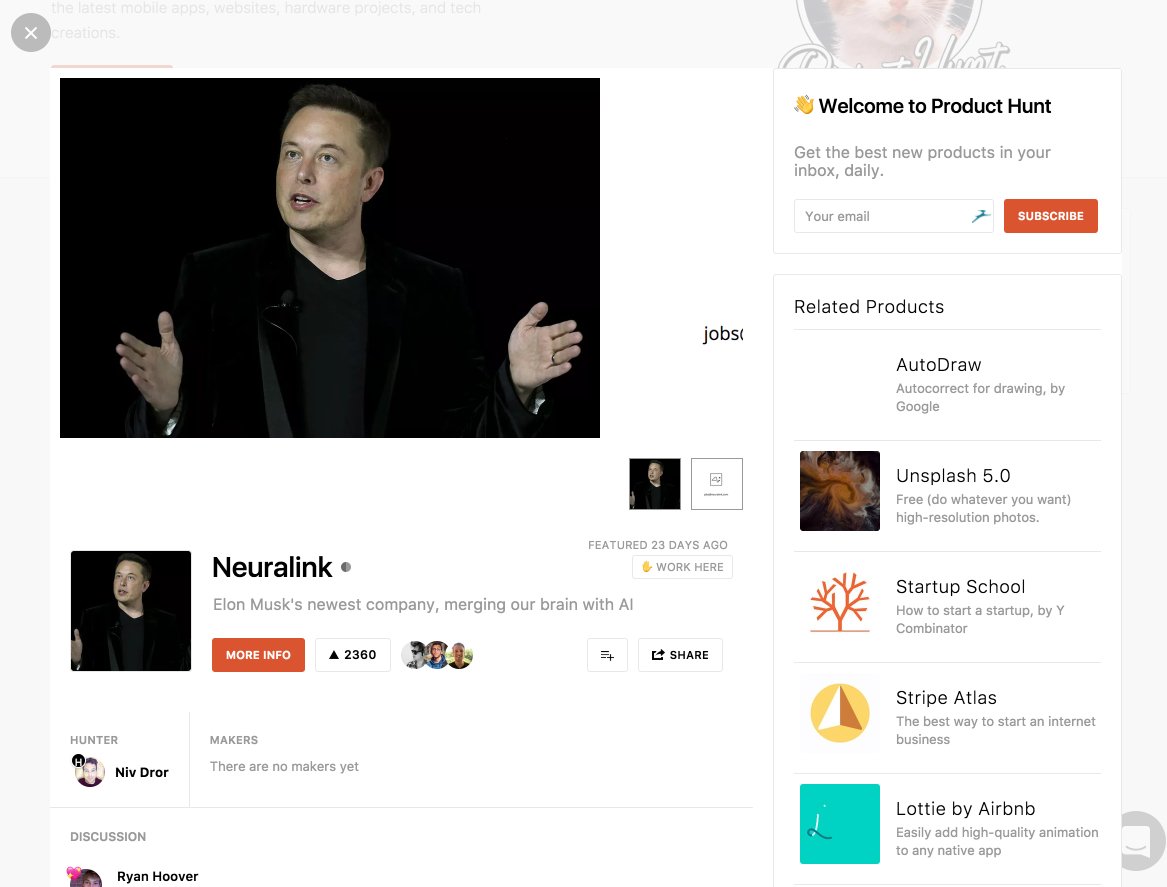
That’s the basic idea: A brand mention happens when someone talks about your product or service.
Crowdfunding sites like Kickstarter and Indiegogo also provide brand mentions, although on a more limited scale, since only projects on the sites can be featured.
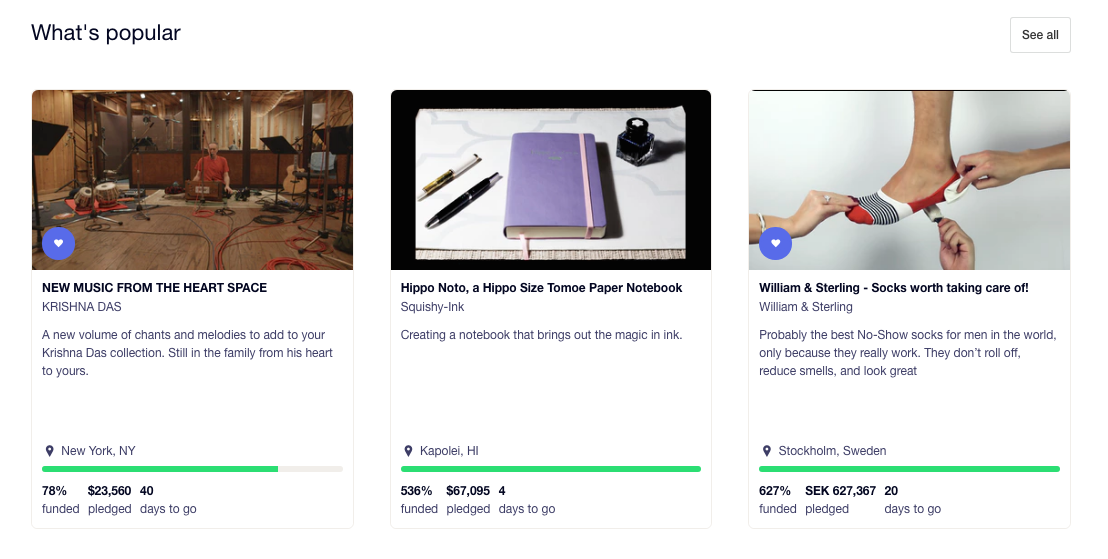
Brand mentions can happen in a lot of different ways. Think of a mention as a shout out for your business.
For example, someone might mention your company in a blog post. That’s a brand mention.
Speaking of Cialdini, my own company got a brand mention in a ConversionXL article about Cialdini.

But here’s what happens most. If you get your product or service out there, people will talk about it. This, in turn, will create an organic buzz around your business.
This usually happens on social media networks or content sites. It could be someone sharing your site or someone referring your company to a friend.
As a result, you’ll get tons of shares and even sales. That’s what brand mentions can do for you.
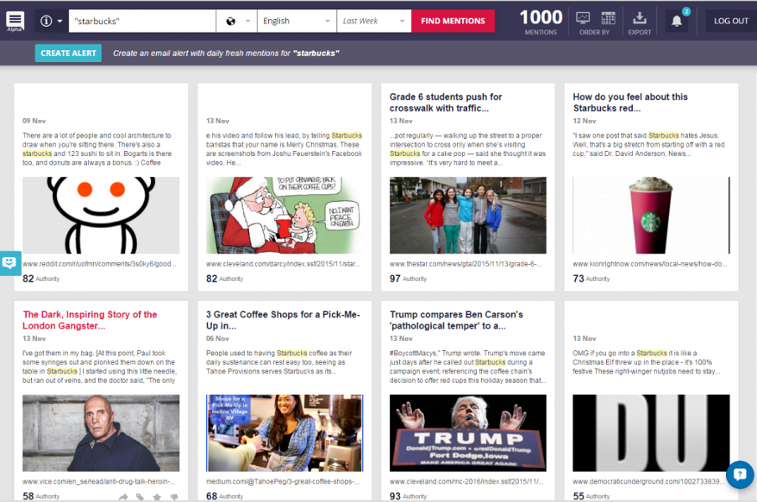
All of this seems pretty sweet, right? It’d be great if you could get this sort of attention.
Take a look at this:

Okay, I admit it. This might not look like a big deal.
After all, it’s just a boring patent, right?
Actually, this is an important patent to be aware of. Take a closer look at it, and you’ll see that Google, Inc. registered it.
It’s also called “Panda.”

Hmm…that’s also the name of a part of Google’s core algorithm. So it’s safe to assume these are one and the same.
But still, what’s the big deal?
The answer is hidden deep within the patent.
But don’t worry, you won’t have to trudge through all of this legalese to get to the good stuff. Moz did it for you.
They found an interesting paragraph in the patent:
The system determines a count of independent links for the group (step 302). A link for a group of resources is an incoming link to a resource in the group, i.e., a link having a resource in the group as its target. Links for the group can include express links, implied links, or both. An express link, e.g., a hyperlink, is a link that is included in a source resource that a user can follow to navigate to a target resource. An implied link is a reference to a target resource, e.g., a citation to the target resource, which is included in a source resource but is not an express link to the target resource. Thus, a resource in the group can be the target of an implied link without a user being able to navigate to the resource by following the implied link.
Look at that phrase “implied links.”
We all know what a link is, but what the heck is an implied link?
If you can’t figure it out, don’t worry. This has made even experienced SEOs scratch their heads.
Let’s take a closer look at Google’s definition of an implied link. They say it’s a reference to a source that’s not a link.
This can only be one thing––a brand mention.
A brand mention fits the definition of an implied link perfectly. It’s not a direct link, so you can’t click on it and go to a website.

But it does refer explicitly to one brand. So it’s essentially a link that’s not a link.
Confused yet?
Just think of it this way: A brand mention tells people about your site without linking to it, but people still find out about your site and can visit it if they want.
That’s what an implied link is.
Why does Google even care about implied links?

All of this raises a question: Why do implied links matter?
In short, they represent what very well may be the future of ranking.
I know that’s a bold statement, but stay with me.
For years and years, doing well on Google meant link building, and that’s true even today. There’s no mega-successful site out there that doesn’t have a good backlink strategy.
But there are also people (like marketers and SEOs) who have learned how to game the system.
These people use what Google calls link schemes to unnaturally boost their SEO.
For example, here’s an example from a Moz article about the subject:

This is a site where people can donate money and receive a sponsor link. While the site might use the word “donate,” it’s still obviously a paid link.
Other examples of link schemes include link exchanges, private blog networks, black hat SEO techniques, and automated programs that create links to your site.
Link schemes are attractive to SEOs and webmasters for many reasons. They seem like a quick path to great SEO.
But at the end of the day, link schemes won’t make a difference if you don’t have organic growth.
Take a popular site like Business Insider.
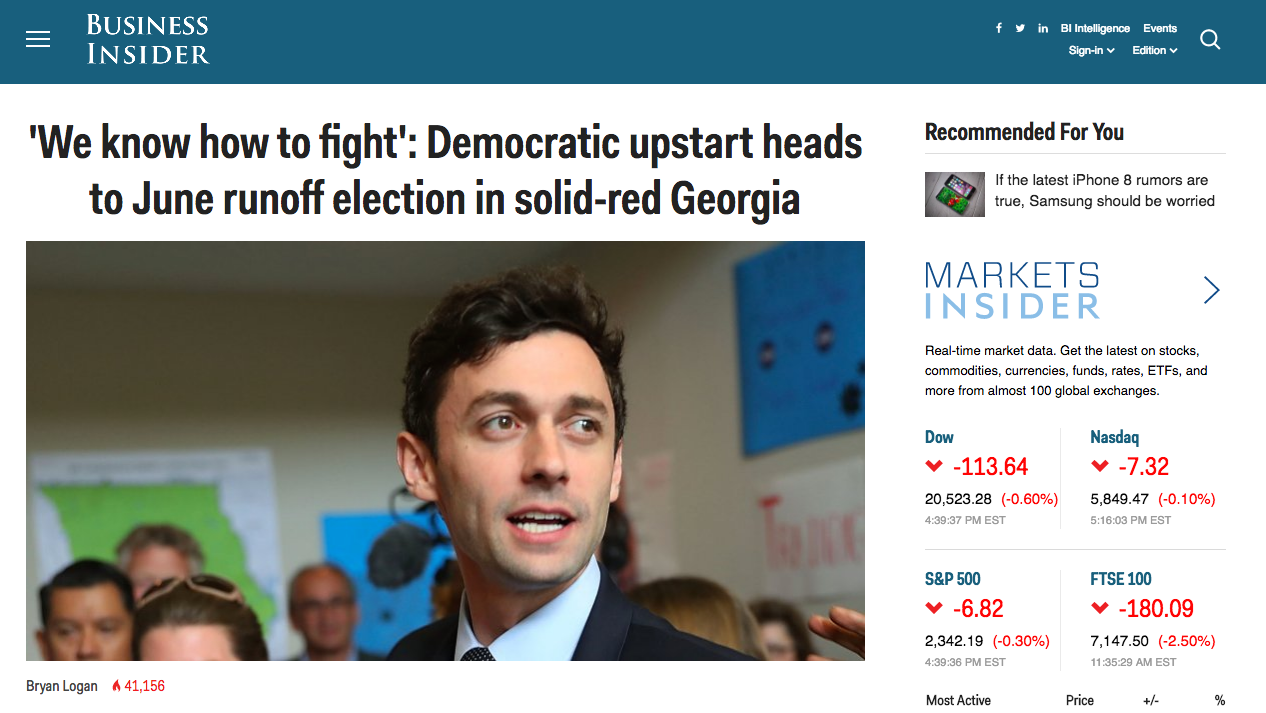
They…
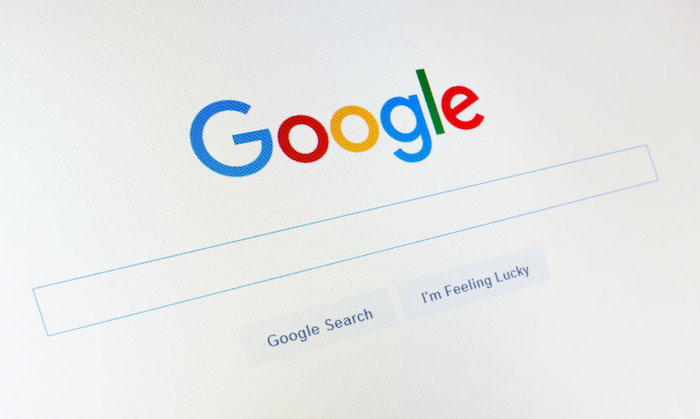
COMMENTS